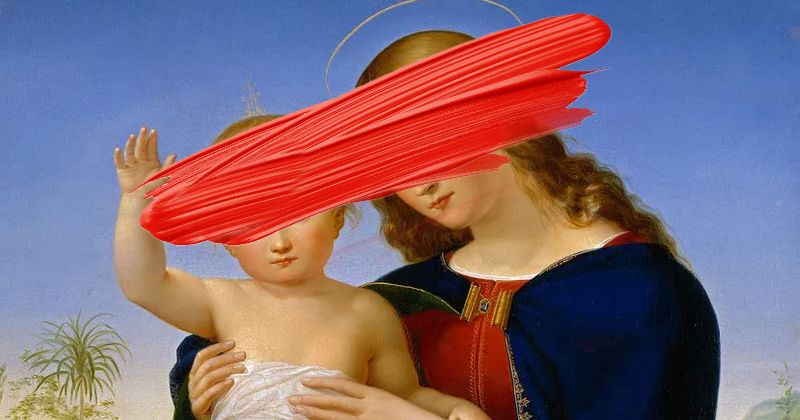
"My gynecologist told me that although the average woman's fertility does begin to decline in her mid-thirties, lots of women have babies when they're older, and they don't all need IVF. I asked her to remove my IUD, and to prescribe the birth control pill. I wanted a child, but only if I could decide when or how or why I might have one. Forced birth troubled me far more than a childless life, and still does. After Roe came Project 2025 and new proposals to restrict the reproductive liberties of women."
"At first I abhorred motherhood because I thought it was another trap, like marriage. All the sermons and the radio shows and the books told me the same thing. My body did not belong to me; it was bound for a strange fate. The Bible said that if I got married, my husband and I would become, in a Cronenberg-like image, " one flesh." If pregnancy followed, as it should, the body-horror would never end."
The fall of Roe coincided with a personal milestone as the narrator approached thirty-five and confronted internet myths about diminished fertility. Medical counsel reframed risks as "advanced maternal age," noting many women conceive later without IVF. The narrator removed an IUD and used the pill to preserve choice, prioritizing autonomy over parenthood. Political shifts, including Project 2025 and proposals to curb reproductive rights, intensified concern about forced birth. A prior Evangelical upbringing instilled fear of motherhood as bodily surrender and lifelong entanglement with a spouse, producing detachment from the body during adolescence.
Read at Intelligencer
Unable to calculate read time
Collection
[
|
...
]